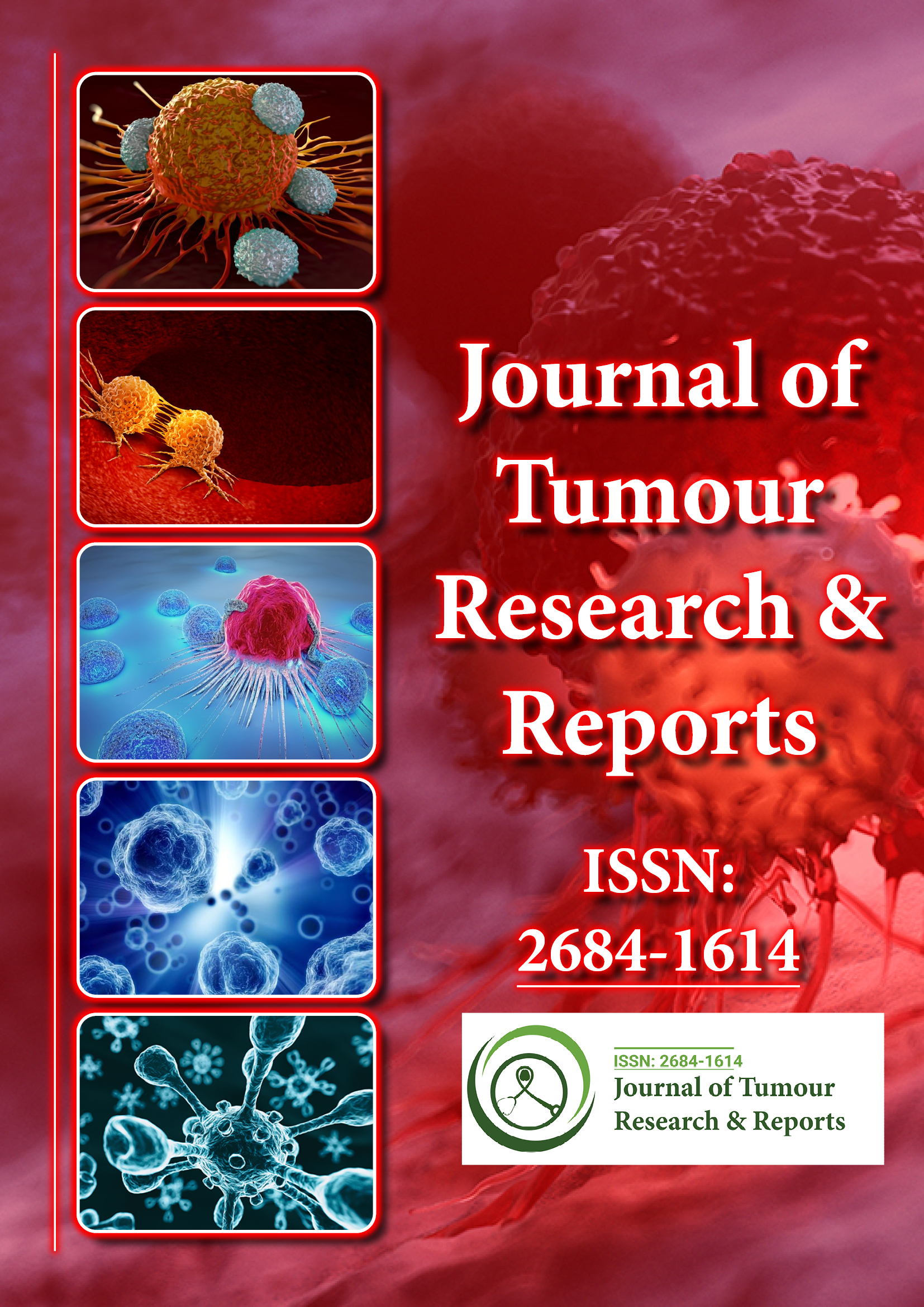Индексировано в
- RefSeek
- Университет Хамдарда
- ЭБСКО АЗ
- Google Scholar
Полезные ссылки
Поделиться этой страницей
Флаер журнала

Журналы открытого доступа
- Биоинформатика и системная биология
- Биохимия
- Ветеринарные науки
- Генетика и молекулярная биология
- Еда и питание
- Иммунология и микробиология
- Инжиниринг
- Клинические науки
- Материаловедение
- медицинские науки
- Науки об окружающей среде
- Неврология и психология
- Общая наука
- Сельское хозяйство и аквакультура
- Сестринское дело и здравоохранение
- Управление бизнесом
- Фармацевтические науки
- Химия
Абстрактный
Metastatic breast cancer with a cholesterol derivative (hydroxysterol; 24-ethyl-cholestane-3β,5α,6α-triol) showing high activity and no toxicity
Nabil Habib, George Hajj, Hamid Daaboul, Abdo Jabbour, Hind Zeitouni and Riad KhalifehÂ
Breast cancer is the deadliest form of cancer in women worldwide and all current therapies are associated with side effects which may on some occasions be severe without major impact on survival. Oxysterols are oxygenated derivatives of cholesterol. Oxysterols participate in the regulation of cholesterol metabolism, enzyme activity, and signaling pathways such as Hedgehog, Wnt, and MAPK. Some of these derivatives have been found as proinflammatory factors to promote human cancers while others have been found in experimental models to have an anti-proliferative effect. Most of these compounds have been shown to be very toxic. Our new drug (24-ethylcholestane-3β,5α,6α-triol) is the first oxysterol to have reached the clinical level and it has been shown to be very safe. Preliminary results in a variety of tumors have been very encouraging. We performed a phase II trial with patients suffering from advanced and metastatic breast cancer using this new compound. Thirty-four patients were included in this study. The median age was 55 years. Thirty-one patients had stage IV and three stage III. All had received at least one line of chemotherapy (some received more than 4 lines of therapy) and all except 3, previous radiotherapy. Twenty patients had a PS:1, nine had a PS:2 and five had a PS:3. Eighty percent were symptomatic and sixty-five percent were taking painkillers. Patients received daily 10 mg/Kg of oral (24-ethyl-cholestane-3β,5α, 6α-triol) divided into 3 equal doses, until disease progression. Two patients exhibited a complete remission (CR). Twenty-one patients had a partial response (65%), six patients had a stable disease/no change (SD/NC) and five patients had a disease progression (PD). The median duration of response was 9 months and 4 patients are still under treatment. One patient with leptomeningeal involvement is still alive and under treatment after 49 months. One patient was suffering from an intramedullary metastasis which was completely cleared off. No toxicity was observed so ever. Eighty percent of symptomatic patients had a remarkable symptom control. These encouraging results make this new and safe drug a good candidate for further clinical trials either alone or in association with other drugs in advanced breast cancer